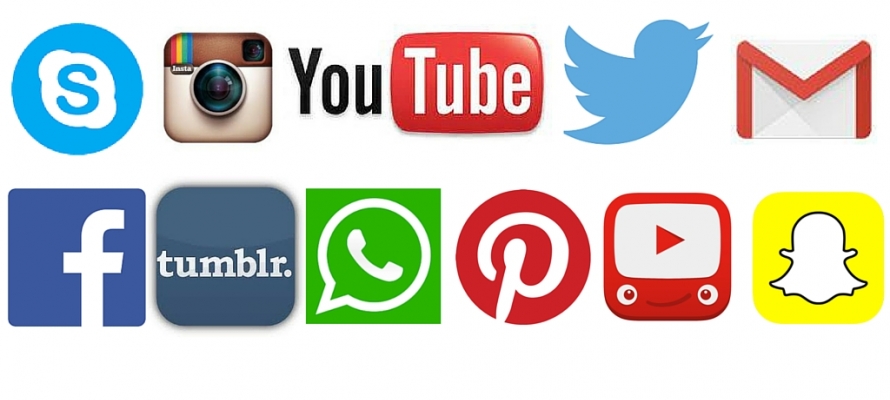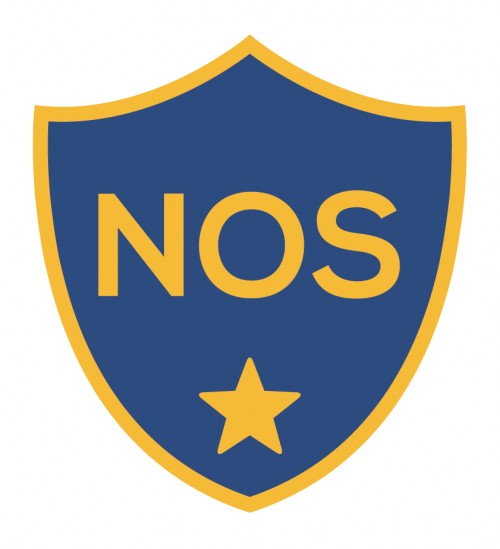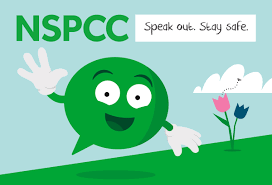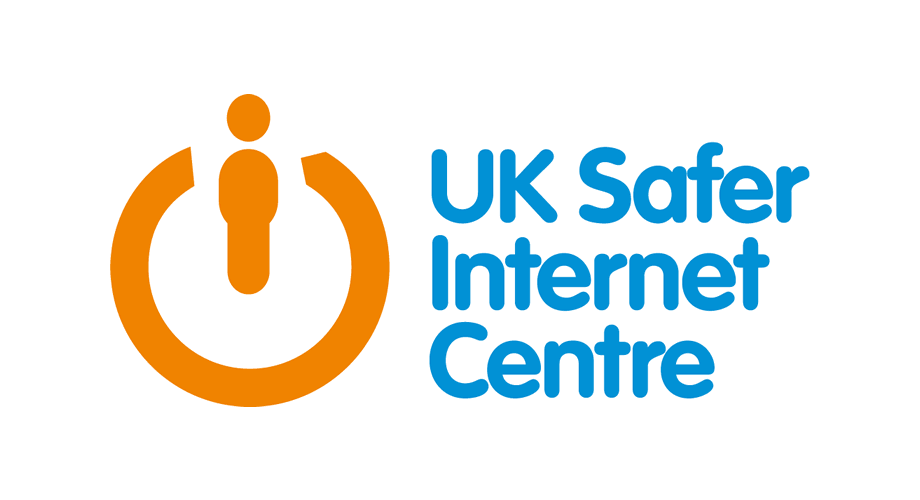
Our children are growing up in a world of ever-changing technology. While we feel that the use of technology is a largely positive aspect of modern life, we cannot ignore the risks that can be associated with its use. In our school, digital literacy is an important strand of our computing curriculum but our school ethos also intends to teach children so much more including:
- the impact of cyber-bullying and what to do if they have been affected.
- to be vigilant when communicating online recognising that people may not always be who they say they are and to be sensible about what they share.
- to tell an adult they trust if something is upsetting them.
- to question the reliability of information given through a web-based source.
- to search responsibly for information while using internet browsers.
We understand that much of our pupil’s use of the internet will occur at home, away from the school firewall and filtering system. It is important that as parents you understand, monitor and set safety protocols to keep your child safe online.
This should begin with an awareness of the age classification ratings for popular games, films and apps.

At the bottom of this page are resources that will support you, as a parent, in setting up privacy settings on devices and understanding the many social media and gaming sites popular with our children.
Useful resources and links
Below are a list of useful websites, advice and resources that you may find helpful when navigating the issue of online safety with your child.

Think u know
Think u know is an education programme from the National Crime Agency’s CEOP Command. Since 2006, it aims to ensure that everyone has access to this practical information – children, young people, their parents and carers and the professionals who work with them.

Internet Matters
https://www.internetmatters.org/advice/esafety-leaflets-resources/
A comprehensive web resource with a wide array of tips and advice on how to navigate the online world with your child. Some of their guidance we attach below but you can find even more by visiting the link.

National Online Safety https://nationalonlinesafety.com/resources/platform-guides/
National Online Safety’s mission is to make the internet a safer place for children. They aim to do this by equipping school staff, parents and children with the knowledge they need to understand online dangers and how best to react should an incident arise. The link above provides up to date information about a wide variety of social media apps and platforms your child might be using.

NSPCC
http://www.nspcc.org.uk/preventing-abuse/keeping-children-safe/share-aware/
The NSPCC are the first to admit that the internet is amazing. Children can play, learn, create and connect – opening up a whole world of exciting possibilities. But with the digital world changing all the time, how can you make sure your child’s staying safe? That’s where the NSPCC come in. Whether you’re an online expert or you’re not sure where to start, their tools and advice will help you keep your child safe.

Childnet
http://www.childnet.com/parents-and-carers
Childnet International is a registered UK charity that aims to make the internet a safe place for children and young people. Packed with resources it is a great resource for parents.

CEOP
http://ceop.police.uk/safety-centre/
Child Exploitation and Online Protection (CEOP) is part of the National Crime Agency and their website can be used to report if you are worried about online abuse or the way someone is communicating online.

BBC Own It
The BBC have a website and app called Own It. The website has a lot of content for children to help them navigate their online lives, and the free smartphone app comes with a special keyboard which can intervene with help and support in the moments that children need it the most.

Safer Internet Centre
https://www.saferinternet.org.uk/advice-centre/parents-and-carers
Safer internet seeks to bring together parents and children to raise awareness of the risks children face online. Last year they were able to get their message across to 2.8 million children and 2.5 million parents.
The number of apps and social media channels your child could be exposed to grows and changes all the time, as does an app’s functionality.
We recommend you visit the National Online Safety website or download their app to read the latest and most current advice on the use, popularity and parental controls that can be set for many devices, apps and gaming platforms. These can be downloaded from https://nationalonlinesafety.com/guides or from https://info.nationalonlinesafety.com/mobile-app You can also find support from the links below.
